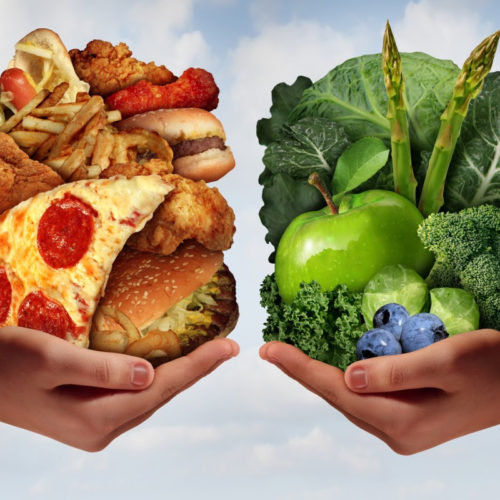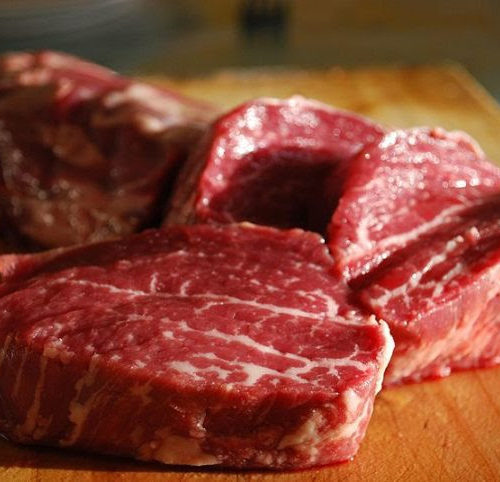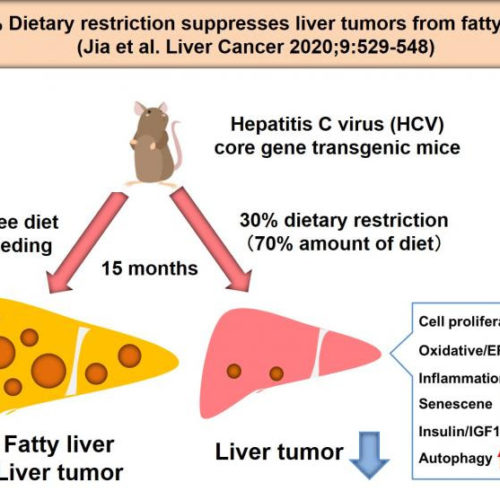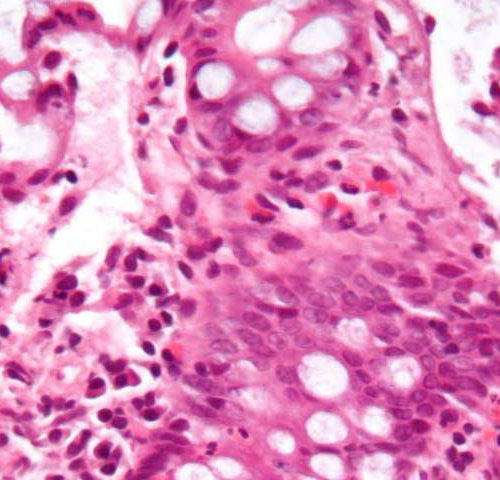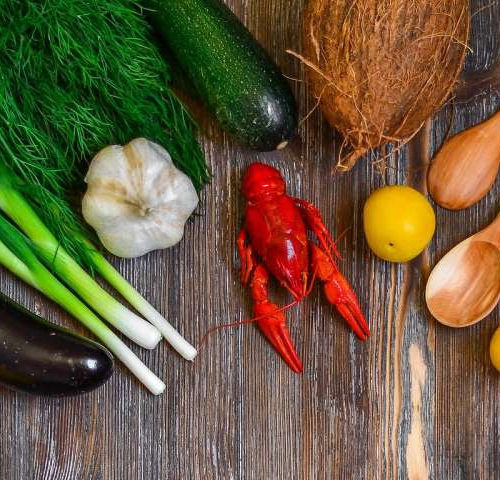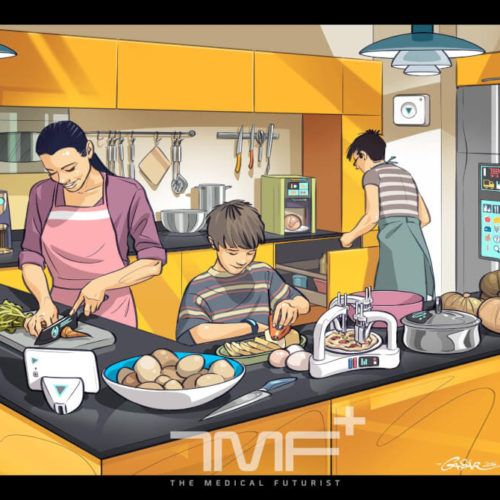AMERICAN HEART ASSOCIATION DALLAS, Nov. 9, 2020 — Individuals who consume chili pepper may live longer and may have a significantly reduced risk of dying from cardiovascular disease or cancer, according to preliminary research to be presented at the American Heart Association’s Scientific Sessions 2020. The meeting will be held virtually, Friday, November 13-Tuesday, November 17, 2020,...
Category: <span>Nutrition & Dietics</span>
Harvard study finds anti-inflammatory diet lowers heart disease, stroke risk
By Rich Haridy, November 03, 2020 A new study is one of the first to quantify the long-term inflammatory effects of specific foods New research from the Harvard T.H. Chan School of Public Health has found diets higher in foods known to contribute to chronic inflammation can increase a person’s risk of cardiovascular disease and...
Researchers discover molecular link between diet and risk of colorectal cancer
An international team of researchers has identified a direct molecular link between meat and dairy diets and the development of antibodies in the blood that increase the chances of developing cancer. This connection may explain the high incidence of cancer among those who consume large amounts of dairy products and red meat, similar to the link between...
Eating less suppresses liver cancer due to fatty liver
SHINSHU UNIVERSITY IMAGE: 30% DIETARY RESTRICTION SUPPRESSES LIVER TUMORS FROM FATTY LIVER. Liver cancer from too much fat accumulation in the liver has been increasing in many countries including Japan. In order to change this unfortunate state of affairs, it is important to improve the prognosis of non-alcoholic fatty liver disease. Most often the cause...
High flavanol diet may lead to lower blood pressure
by University of Reading People who consume a diet including flavanol-rich foods and drinks, including tea, apples and berries, could lead to lower blood pressure, according to the first study using objective measures of thousands of UK residents’ diet. The findings, published in Scientific Reports, studied the diet of more than 25,000 people in Norfolk, UK and...
Bacterial metabolism of dietary soy may lower risk factor for dementia
by University of Pittsburgh Associate professor of epidemiology, University of Pittsburgh Graduate School of Public Health. A metabolite produced following consumption of dietary soy may decrease a key risk factor for dementia—with the help of the right bacteria, according to a new discovery led by researchers at the University of Pittsburgh Graduate School of Public Health. Their study,...
Study reveals dietary fructose heightens inflammatory bowel disease
by Stony Brook University Micrograph showing inflammation of the large bowel in a case of inflammatory bowel disease. Colonic biopsy. Diet remains an important part of disease prevention and management, and a new study suggests that consumption of fructose may worsen intestinal inflammation common to inflammatory bowel diseases (IBD). Led by David Montrose, Ph.D., of the...
Even in people with Parkinson’s gene, coffee may be protective
by American Academy of Neurology Even for people with a gene mutation tied to Parkinson’s disease, coffee consumption may be associated with a lower risk of actually developing the disease, according to a new study published in the September 30, 2020, online issue of Neurology, the medical journal of the American Academy of Neurology. “These results are...
Intermittent fasting is popular—but it doesn’t work for weight loss
by Kristen Bole, University of California, San Francisco The currently popular diet of intermittent fasting that restricts eating to eight hours per day, separated by 16 hours of fasting, is not effective on its own as a means of either losing weight or for improving key metabolic health markers, according to a new study led by researchers at...
The Future Of Food And Eating
I do not have to stress how important a role food and eating play in our lives. Food is at the base in Maslow’s hierarchy of our needs, it is essential for our survival. It shows the creativity of humankind perfectly: food exists in the richest variety of ingredients, forms, shapes, tastes and colours all over the world from the Greenlandic kiviak (dozens...

